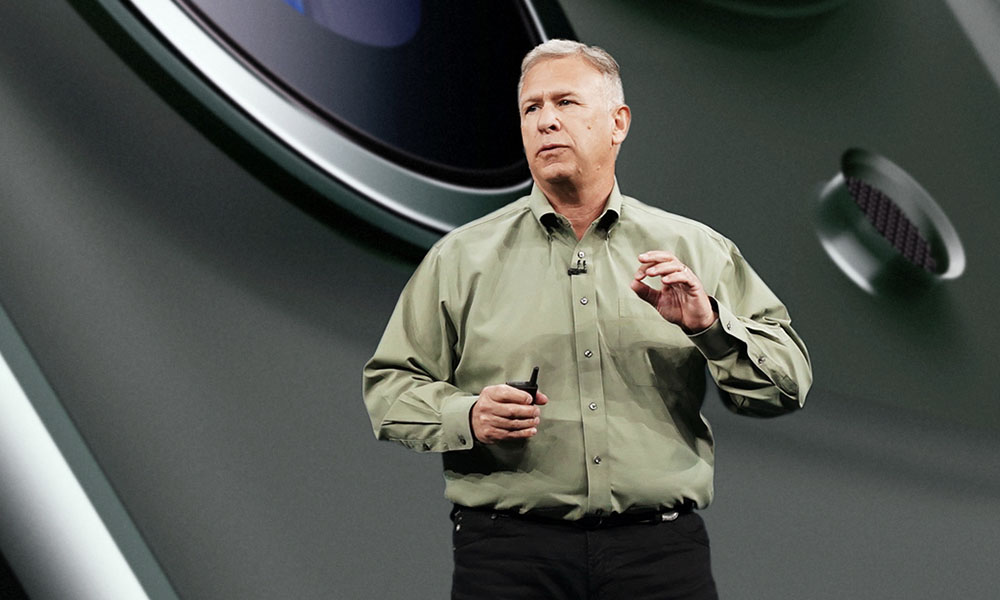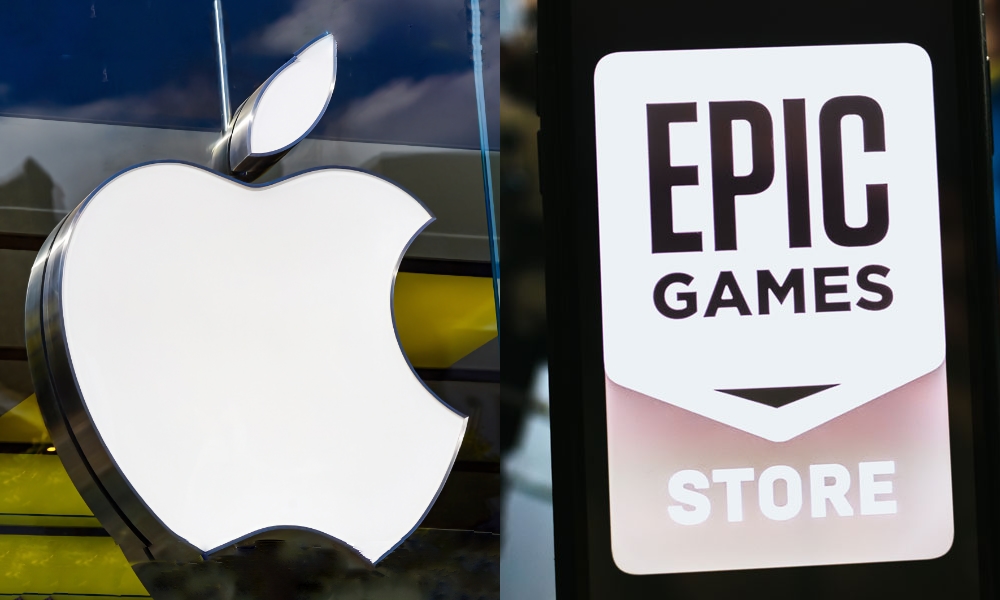App Store Boss Phil Schiller Was Reluctant to Impose Fees on Alternative Payments
 Credit: Apple
Credit: Apple
Toggle Dark Mode
One of the few changes to come from the landmark 2020 Epic vs. Apple lawsuit was an injunction against Apple blocking alternative in-app payment methods. While Apple won on the other nine counts in the case, it still chose to take the injunction through a series of appeals to try and get the decision reversed by higher courts.
This process ended in early 2024, when the Supreme Court ultimately declined to hear the case, allowing the lower court ruling to stand, which left the injunction in force. At that point, Apple complied, allowing third-party developers to insert their own alternative purchasing methods in an app. However, it did so with a twist, declaring that it would still be entitled to collect a commission from any purchases made directly on a developer’s website.
That decision stemmed from the original 2021 ruling by Judge Yvonne Gonzalez-Rogers, who effectively upheld Apple’s right to receive a commission from App Store sales an in-app purchases, even if they weren’t being processed directly by Apple. Judge Rogers didn’t go so far as to say that Apple’s position was fair — she said that the 30% cut “appears inflated” and is even “potentially anticompetitive” — but since Epic Games had only challenged Apple’s right to receive any commissions, the amount Apple was charging was out of the scope of the case.
Apple’s response was to decrease its commission by only three percentage points — effectively the amount typically charged for payment processing by credit card companies — leaving developers saddled with a 27% commission even if they chose to process all of the payments through a link to their website.
The whole thing seemed awkward and unwieldy from the start even from a logistical perspective, and it seems Apple’s top executive who has long been at the helm of the App Store agreed.
As reported by The Associated Press and TechCrunch, Apple Fellow Phil Schiller recently told the court that he wasn’t in favor of these new fees for alternative payments. Schiller served as the Senior Vice President of Worldwide Marketing for nearly 23 years before being elevated to his current legendary status in 2020; however, he continues to lead the App Store even in his new role.
Schiller’s testimony was presented in a new case that was brought by Epic Games in February, after CEO Tim Sweeney asserted that Apple was acting in bad faith by charging effectively the same commissions, forcing developers to apply for permission to use external purchase links, and making the entire process as cumbersome as it possibly could.
The new case is also being heard by Judge Rogers, who will determine whether Apple should be held in contempt of court for failing to meet the terms of the injunction. Judge Rogers has “expressed frustration with Schiller and other Apple witnesses about their hazy recollection about how they came up with the rules for app store’s alternative payment system,” according to the AP report, delaying the initial proceeding and deferring to another judge to oversee Apple producing additional documents on its internal decision-making process.
These documents apparently jogged Schiller’s memory. When presented with them by Epic’s lawyer, Gary Bornstein, Schiller conceded that he was initially reluctant to impose any fees on in-app transactions made directly through third-party developers.
Schiller testified that his primary reservations stemmed from the injunction issued by Judge Rogers. In meetings held in April 2023, Schiller questioned whether charging a commission would even be allowed under the injunction.
I had a question of whether we would be allowed to charge a commission. It was a question about what was allowed under the injunction.
Phil Schiller
Nevertheless, Schiller’s reluctance wasn’t just about risking non-compliance. He also didn’t want to turn Apple into a collection company. Charging fees from standard in-app purchases is easy: Apple simply takes its 15-30% cut off the top, paying the rest to developers. Requiring developers to write Apple a cheque is considerably more complicated.
I had great concerns about the collections of funds from developers […] the change in the role of the App Store to now an organization that needs to collect money from developers. What happens if a developer doesn’t pay and what is the process for that?
Phil Schiller
Further, Schiller expressed concerns about creating an “antagonistic relationship” with developers and how Apple would handle audits to ensure developers were complying with the requirements.
[These things could] change the relationship between Apple and developers in a way I thought would be detrimental.
Phil Schiller
These discussions occurred at Apple’s very highest levels: a “pricing committee” that included Schiller, Apple CEO Tim Cook, then-CFO Luca Maestri, and members of the company’s legal team. Despite his reservations, Schiller eventually signed off on the plan in January 2024.
Internal documents and Schiller’s testimony also revealed the committee was about more than just deciding how much to charge. Schiller confirmed that Cook “pushed for a warning screen informing consumers the potential security threats posed by alternative payment options,” the AP reports. This went through several iterations, with one version warning customers they were “no longer transacting with Apple” while also subtly hinting that there could be privacy or security risks involved with making purchases elsewhere.
Apple’s goal was seemingly to create as much friction as possible to create a “less seamless experience” that would result in poorer uptake by customers, hopefully leading to developers abandoning these plans and returning to the welcoming arms of Apple’s own in-app purchasing (IAP) system, according to testimony highlighted by TechCrunch.
Epic CEO Tim Sweeney weighed in after Schiller’s testimony, stating that it adds up to “an absolute textbook case of malicious compliance,” with plenty of evidence to back it up.
The material presented in the case also revealed that Apple’s restrictive rules on how links could be used in third-party apps were designed to make things complicated enough for developers that many would give up and stick with Apple’s IAP system. Apple also weighed the financial impact of excluding some partners from the new program, and considered requiring developers to remit the 27% fee within 72 hours of an external purchasing link being clicked. The final guidelines extended that to seven days.
This round of hearings is expected to continue until Wednesday, with others, including Carson Oliver, one of Schiller’s top lieutenants, also expected to testify. It’s unclear when the case will come to a close, but Apple could end up being ordered to make more significant changes to how it handles alternative payments from within apps. Judge Rogers’ decision will only affect Apple’s policies in the United States; the company has an even more complicated fee structure in the EU under the European Union’s Digital Markets Act, where it only charges a 17% commission, plus an extra 3% for those who choose to use Apple’s payment processing. However, it also charges a Core Technology Fee every time an app is downloaded by a new user within a 12-month period.








